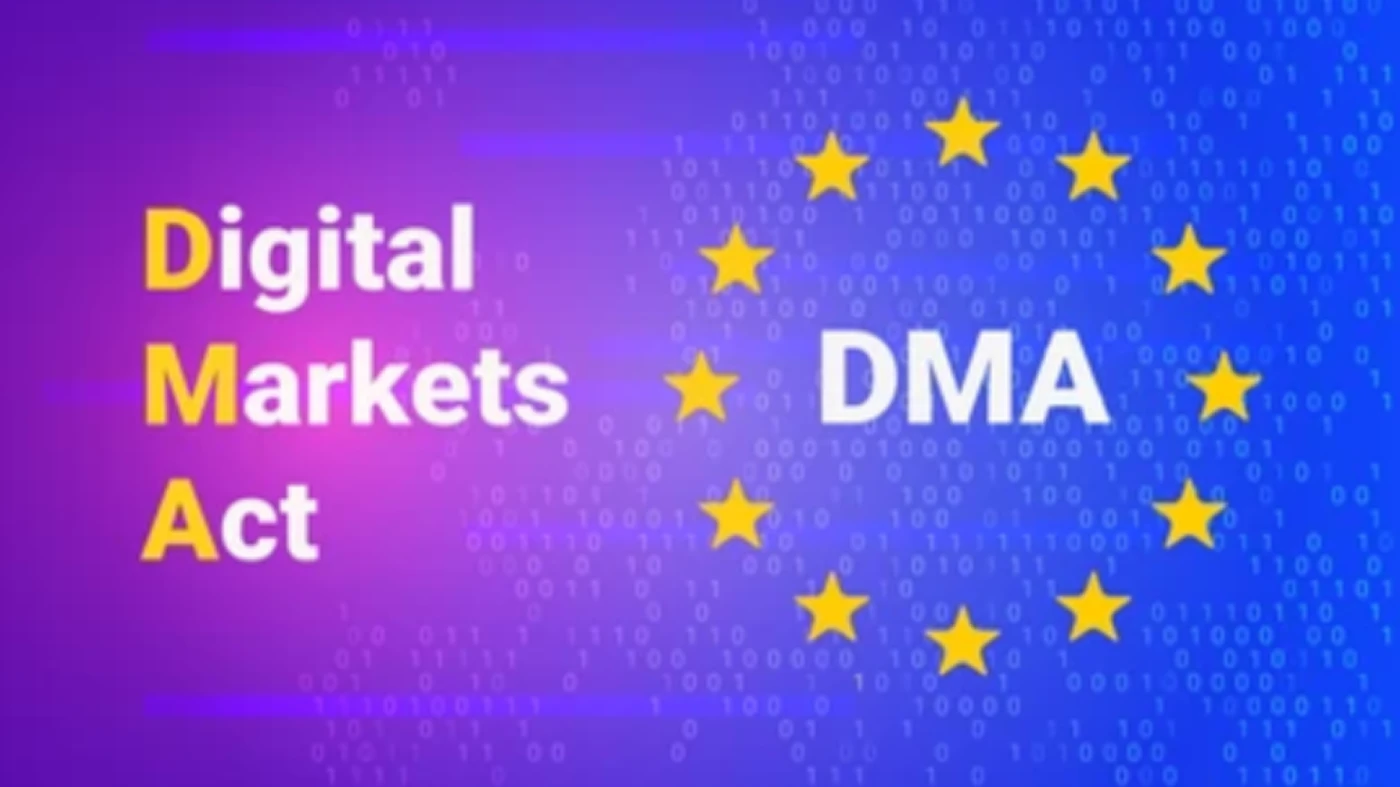Apple has published a whitepaper that outlines its solutions to address the changes the DMA requires to commissions and payments.
Here, it stresses the security and trust customers have with Apple and its emphasis on consumer privacy. In short, its position is that “Users should not be exposed to physical harm through iOS,” and that all its efforts with regard to DMA compliance are means of reducing any potential harms that users could be exposed to.
Using an iPhone in mainland Europe will come with increased risks because of seismic changes to the way iOS apps are distributed to comply with new EU competition laws, Apple has warned.
The incoming Digital Markets Act (DMA) will come into effect on March 7, 2024. The European Union law requires vast multinational technology companies to break open previously closed ecosystems to give device owners more choice.
To comply, Apple will be required to allow iPhone owners to download apps and make purchases from outside of its App Store. Until now, iPhone owners have only ever been able to install apps and games from the App Store, which is preinstalled on all iOS devices.
This allows Apple to vet all software before it’s available to download on iPhones worldwide, helping it to maintain an iron grip on security, unapproved features, and taste.
Not only that but purchases made in the App Store must be done through Apple’s payment system — an approach known as a “walled garden”, which Apple argues allows it to keep users and their data completely secure.
The DMA will also force Apple to allow alternative payment methods too.
In its new whitepaper, Apple warns that because it’s being required to change its “uniquely successful approach” used to “protect users’ security and privacy”, it will “not be able to protect users in the same way”.
“To keep offering users the most secure, most privacy-protecting, and safest platform — in line with what users expect from Apple — we’ve designed and implemented new safeguards that will help to protect and inform them,” the whitepaper says.
“While the changes the DMA requires will inevitably cause a gap between the protections that Apple users outside of the EU can rely on and the protections available to users in the EU moving forward, we are working tirelessly to make sure iPhone remains the safest of any phones available in the EU by reducing the risks introduced by these necessary changes—even though we cannot entirely eliminate such risks.”
Under its new system, Apple says it will introduce a new baseline review programme for all apps, regardless of whether they will be distributed via the App Store or an alternative app marketplace.
Apple says it will electronically sign each app that is distributed in the EU once it has been checked and cleared for “known malware and security threats, generally functions as advertised, and doesn’t expose users to egregious fraud”.
However, the company confirmed that its new checks will not cover the content within iOS apps. That means content that would never be sold in the App Store will appear within its iPhone operating system in the EU.
“This means Apple won’t be able to prevent apps with content that Apple wouldn’t allow on the App Store — like apps that distribute pornography, apps that encourage consumption of tobacco or vape products, illegal drugs, or excessive amounts of alcohol, or apps that contain pirated content (or that otherwise steal ideas or intellectual property from other developers) — from becoming available on alternative app marketplaces,” the whitepaper published by Apple cautions.
But the company did pledge to “ongoing monitoring” of apps to detect and remove any malicious applications it uncovers.
Under the new system in the EU, Apple will also begin showing users pop-up, on-screen alerts when they are about to leave the App Store to download an app or make a payment outside of the store and Apple’s payment system.
The company said this would allow users to make “educated choices about the apps they download”.
Apple said it had been contacted by consumers, governments and government agencies both inside and outside the EU asking for assurance and clarity on the safety of the platform under the new rules.




